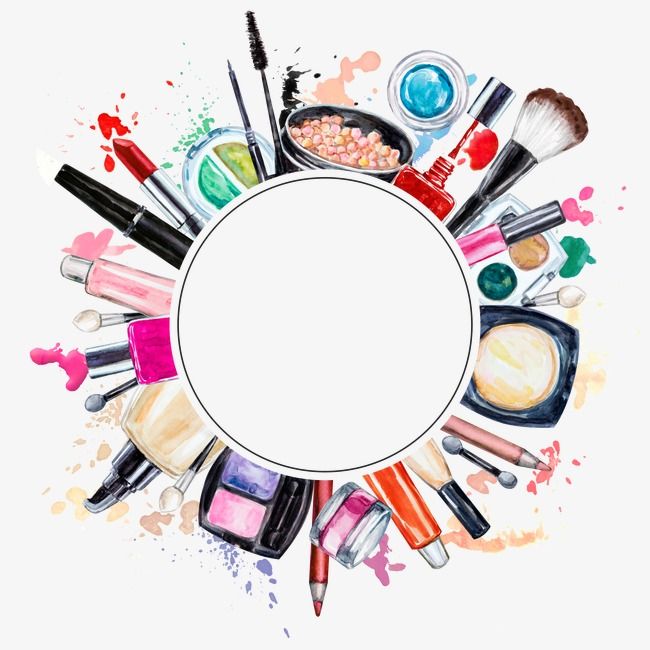Read more
Proper hygiene of the vagina is very important for a woman's health. Whether you are of childbearing age or not, keeping the vulva simple enough can make a big difference in a woman's genitals. Your vagina is a sensitive area and, fortunately, maintaining proper hygiene is easy.
The most important thing about a woman's vagina is to maintain its pH. The normal pH of a woman's genitals is usually acidic and during this rejection, girls begin to enjoy symptoms of infection. These symptoms may include irritability, itching, and pain. Some women are more susceptible to changes in a woman's genitals, especially during pregnancy.
The pH can be changed with any overseas substance added to the vagina - so think twice about what goes into the vagina to avoid disturbing the protective area. At the same time, do not focus too much on the vagina but also on the external environment. Here are some suggestions on how to maintain good hygiene.
Bathing
To keep the vagina clean in the normal way, a soft wash on the outside (remember, now not inside!) Of the vagina. Water is a satisfactory cleanser - perhaps with a mild soap - but very little that remains much in this example. Your vagina does not need to smell like plants. Do not apply as it may disrupt the pH and release important germs from the vagina, causing infections and irritation.
Wash the area with hot water each day, even if you pass a bath.
Avoid using scented soaps and gels. Fragrances can make the area difficult and can serve as a mask to cover up a real issue that may be offensive.
Even if you smell good and have a variety of problems, fishing will effectively close the problem and make it worse - do not fix it.
After using the living room, wipe the front to the back. Better yet, rinse with warm water to get rid of unwanted germs and dry out.
Do not shave the entire pubic area, which may cause irritation. Cuts and nicks can also bring an undesirable micro organism. The hair is there to protect the area, so shaving is restored if it is important with scissors, not a razor. Do not use a hair removal cream, which burns the hair and may be particularly irritating to the skin.
Sex and vaginal hygiene
Sex is a healthy hobby and should no longer be considered unclean. In fact, especially after menstruation, sex allows for the prevention of vaginal atrophy. Atrophy is when the vagina is dry and there is a high chance of tearing and intentional pain. There are still a few clean ways to avoid getting infected after having sex.
Change condoms during sex, vaginal, anal and oral sex to avoid spreading the virus.
Do not equate sex toys with a partner.
During sex, a micro organism can sometimes enter the urethra. After sex, be sure to urinate to remove micro organism and avoid infection of the urinary tract.
You should also wash or at least light the vulva after sex with warm and well-drained water.
Clothes
The key to proper vaginal hygiene is to ensure that your external genitalia (now not the vagina itself) stays dry in an effective manner. Moisture can promote bacterial growth. Try to wear clothes that allow space to breathe.
Avoid tight-fitting pants that prevent air from moving inside the toilet.
Wear cotton indies over synthetic material. Cotton is high in moisture absorption.
Change your clothes and underwear after exercise.
Do not wear rope while exercising. Strong movements will infect the anus in the vagina and cause infections.
Avoid sports for wet walks all day.
Change your underwear twice in the afternoon when you go out more to avoid sitting under wet underwear.
Normal hygiene of the vagina
Change tampons, pads and lines at least 4-5 times a day. It may also help to wash or dry the area regularly during your time. Avoid odor variants of these products as well.
With yeast infections, it can help eat yogurt. It contains lactobacillus acidophilus which helps to create the acidic environment your vagina needs and fights yeast inflammation. However, do not put yoghurt on a woman's vagina. Sugary sugar can spread the infection by encouraging the yeast to grow even more. Probiotics are an excellent source of lactobacillus and may be taken daily and will be available at your local pharmacy.
When talking about food: Do not put food in your vagina. Sea salt, vinegar, garlic, and other so-called home remedies should not be re-inserted into the vagina. Anything that is inserted into your vagina to prevent infections should be removed at the direction of your doctor.





0 Reviews